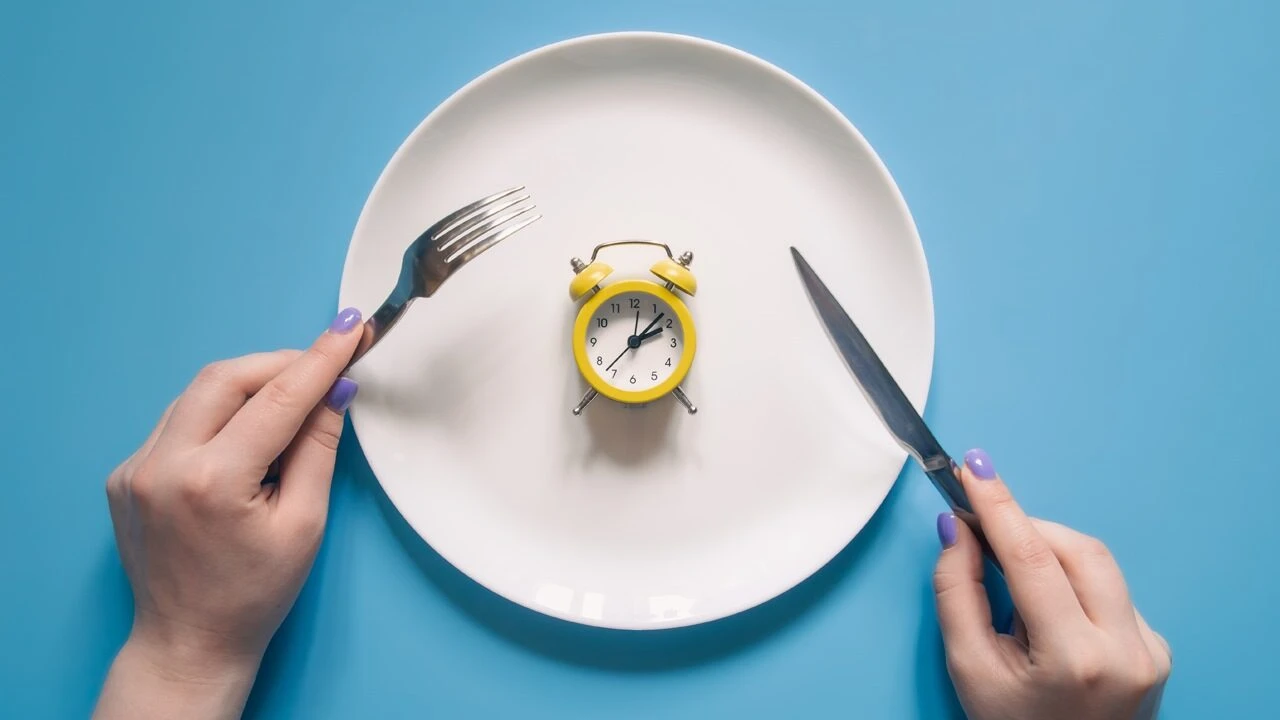The month of Ramadan is a spiritual experience and a process of self-control for those who fast. Maintaining healthy eating during Ramadan can be challenging, but with careful meal planning, it is possible to fast while nourishing the body, keeping energy levels high, and feeling full throughout the day. We have compiled some valuable ramadan fasting tips for maintaining healthy eating habits just for you
The pre-dawn meal, Sahur, is crucial for preserving energy levels throughout the day. Following a balanced diet that includes complex carbohydrates, proteins, healthy fats, and plenty of water is recommended. Opt for whole grains such as brown rice, quinoa, or whole wheat bread; lean protein sources like grilled chicken, fish, or legumes; and healthy fats derived from nuts, olives, and avocados. Include fruits and vegetables in your meal for additional fiber and essential nutrients.
For Iftar, you can start with dates and water to replenish your body’s sugar levels and support hydration. Follow this with a balanced meal containing lean proteins, complex carbohydrates, and a mix of vegetables, similar to Sahur.
Dehydration can be a significant issue during long fasting hours, so water should be your best companion. Ensure you drink plenty of water between Iftar and Sahur, and choose water-rich foods like watermelon and cucumber to increase your fluid intake.
Protein plays a vital role in keeping you full for an extended period and preserving muscle mass, so consider following a protein-focused diet during Ramadan to support your energy levels throughout the day. Add sources such as lean meats, legumes, dairy products, and plant-based proteins to your meals. For a convenient and tasty protein boost, you can benefit from Muscle Cheff’s high-protein snacks.
To stay full for a longer time during fasting, prioritize foods with longer digestion times. Examples of such foods include complex carbohydrates, fruits, vegetables, whole grains, and lean protein sources. Sugary and fried foods can lead to a drop in energy and a quicker feeling of hunger. Opt for sugar-free alternatives like Muscle Cheff Protein Chocolates in your sweets and try cooking methods such as baking, grilling, or steaming instead of frying.
In summary, maintaining healthy Ramadan diet requires careful adjustment of your meals. By focusing on a balanced diet with an adequate amount of protein, you can preserve your energy levels and physical health throughout the month. Don’t forget to add Muscle Cheff‘s protein snacks to your routine if you’re looking for a delicious way to support your protein intake!

